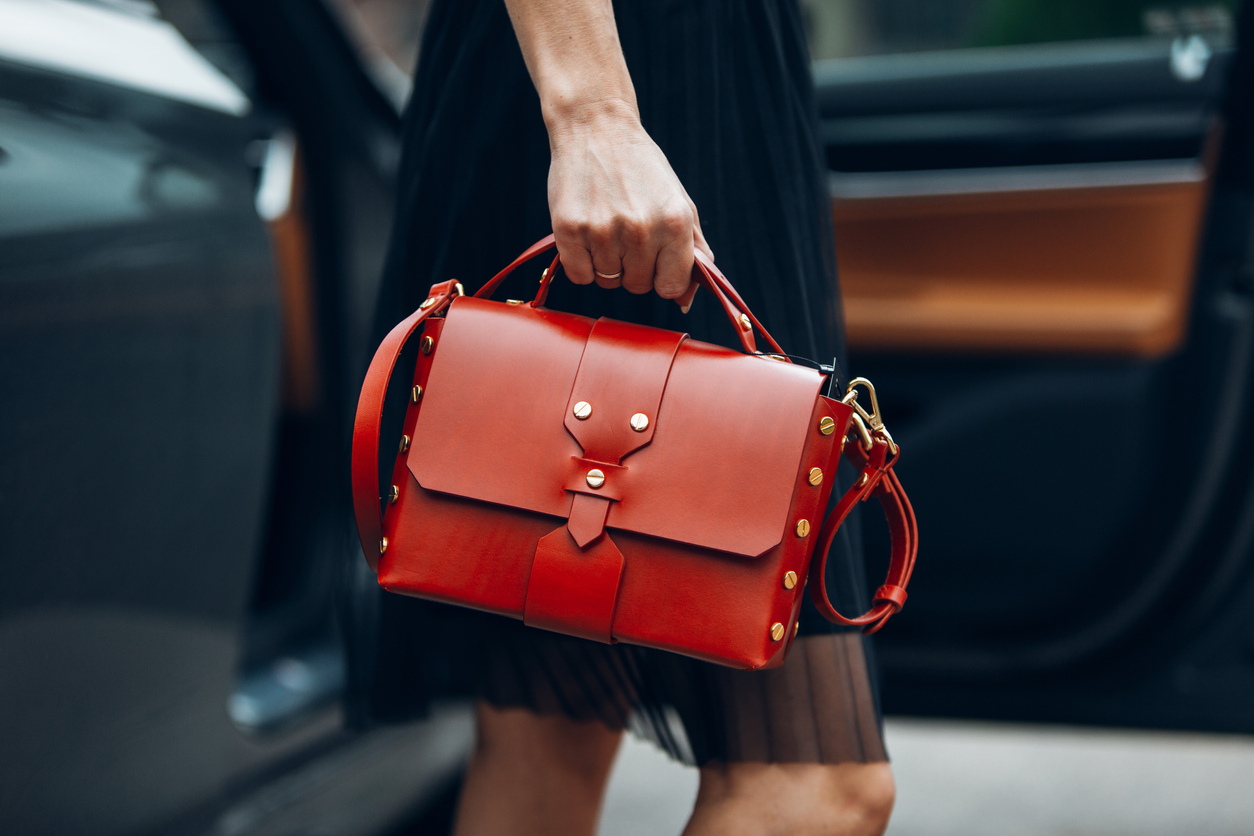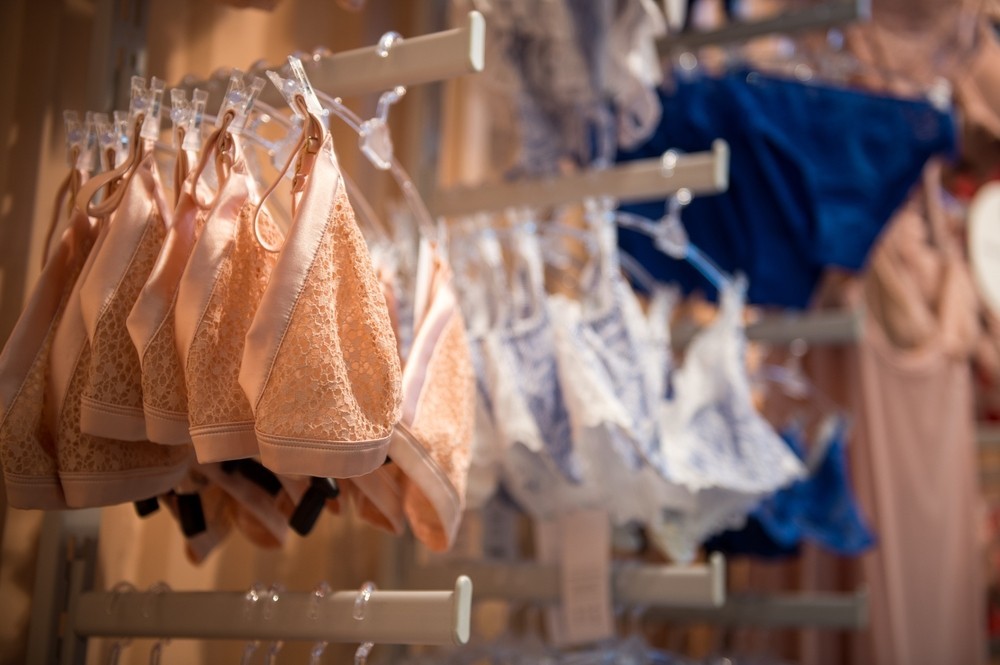Handbags are more than just functional accessories; they are style statements and often hold sentimental value. Whether you're a fashion enthusiast or a practical shopper, choosing the right handbag can be an enjoyable yet challenging task. You can find handbags with an online search.

Understanding Handbag Styles
Handbags come in a variety of styles, each serving different purposes and suiting various occasions. Here are some popular types:
Tote Bags: These are large and spacious, perfect for carrying everyday essentials and more. Ideal for work, shopping trips, or a day out, tote bags are versatile and stylish.
Crossbody Bags: Designed for convenience, crossbody bags offer hands-free functionality with a long strap that can be worn across the body. They are perfect for travel and casual outings.
Clutches: Small and elegant, clutches are ideal for evening events and formal occasions. They are designed to be held in the hand or under the arm and often feature intricate designs and embellishments.
Satchels: These structured bags often come with a top handle and sometimes a long strap. Satchels are perfect for both casual and formal settings, offering a blend of style and practicality.
Backpacks: No longer just for students, backpacks have become a trendy choice for those who need to carry more without compromising on style. They are perfect for travel, work, and casual outings.
Considering Quality and Craftsmanship
When investing in a handbag, quality and craftsmanship are paramount. Here are some tips to assess these factors:
Material: The quality of the material is crucial. Leather is a popular choice for its durability and timeless appeal, but there are also high-quality synthetic options available. Check for smoothness, even color, and a supple feel.
Stitching: Inspect the stitching both inside and outside the bag. It should be even, tight, and free from loose threads. Quality stitching ensures the bag will withstand regular use.
Hardware: Pay attention to the hardware, including zippers, clasps, and buckles. These should be sturdy and smoothly functioning. Metal hardware generally lasts longer and looks more luxurious than plastic.
Lining: The lining of the bag should be durable and cleanly finished. High-quality bags often have a lining made of materials like satin or cotton, adding to the bag’s overall longevity.
Balancing Style and Functionality
While aesthetics are important, functionality should not be overlooked. Here’s how to find a bag that balances both:
Size: Consider what you will be carrying daily. A handbag should accommodate all your essentials without being overly large or heavy. Think about compartments and pockets for organization.
Comfort: Ensure the bag is comfortable to carry. Straps should be the right length and width, and the bag should distribute weight evenly. Try the bag on to see how it feels.
Occasion Appropriateness: Choose a bag that fits your lifestyle and the occasions you’ll be using it for. A work bag will differ from an evening clutch, and understanding your needs will help narrow down choices.
Making Sustainable Choices
Sustainability in fashion is increasingly important, and handbags are no exception. Here are some tips for making more eco-friendly choices:
Materials: Opt for bags made from sustainable materials such as recycled fabrics, vegan leather, or organic cotton. These materials reduce environmental impact and often come from ethical sources.
Brands: Research brands that prioritize sustainability. Many companies now focus on ethical practices, from fair labor conditions to environmentally friendly manufacturing processes.
Longevity: Invest in timeless designs and high-quality materials that will last for years. This reduces the need for frequent replacements and lowers your overall consumption.
Smart Shopping Tips
Here are some practical tips for purchasing your next handbag:
Set a Budget: Determine how much you’re willing to spend before you start shopping. This helps narrow down options and prevents impulse buys.
Research: Look up reviews and ratings for specific brands and models. Customer feedback can provide valuable insights into the bag’s quality and durability.
Try Before You Buy: If possible, visit a store to see and feel the bag in person. This allows you to check the quality, comfort, and size before making a decision.
Consider Second-Hand: Vintage and second-hand bags can be a great way to own high-quality, designer items at a fraction of the cost. Plus, it’s a sustainable choice.
Conclusion
Buying a handbag is a blend of art and science. By understanding different styles, prioritizing quality and craftsmanship, balancing style with functionality, and making sustainable choices, you can find the perfect bag that suits your needs and complements your personal style. Happy shopping!

